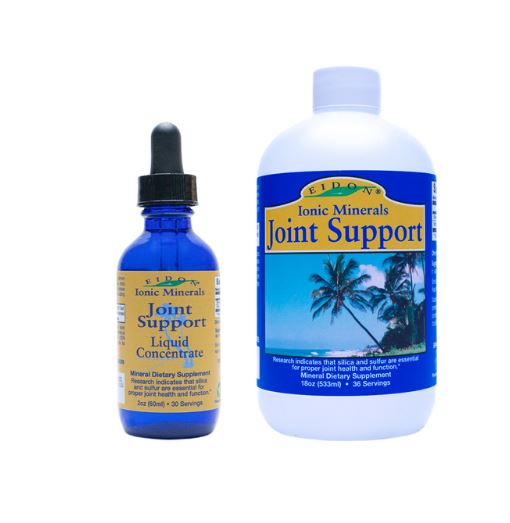Joint health is crucial for overall mobility and quality of life, but many of us don’t pay much attention to it until discomfort or limitations arise. Whether you’re an athlete, someone with an active lifestyle, or simply experiencing the natural effects of aging, the signs of declining joint health can be subtle yet impactful. Joint support supplements can be a game-changer, providing nutrients that help maintain flexibility, reduce discomfort, and promote cartilage health. But how do you know if it’s time to add one to your daily routine?
Here are five signs that you might need a joint support supplement:
1. Persistent Joint Discomfort
One of the most obvious signs that your joints need extra attention is persistent discomfort. Whether it’s an aching knee, sore fingers, or a stiff back, ongoing discomfort—especially if it worsens after activity—can be an indicator that your joints need support. Over time, joint cartilage can wear down, leading to friction between bones and inflammation. Ingredients like glucosamine, chondroitin, and turmeric, commonly found in joint support supplements, help by supporting cartilage and reducing inflammation.
What to do: If you notice joint pain that doesn’t subside after rest or worsens with activity, it might be time to explore supplements designed for joint health.
2. Stiffness in the Morning
Do you wake up feeling stiff or experience limited mobility first thing in the morning? Morning stiffness is a common sign of joint problems and can be a signal that your body isn’t producing enough synovial fluid—a natural lubricant for your joints. Stiffness can also indicate that inflammation is affecting your joint function. Joint supplements rich in omega-3 fatty acids, collagen, and hyaluronic acid help lubricate the joints and promote better movement.
What to do: If you find yourself stretching and struggling to get going in the morning, adding a joint support supplement to your routine could make a difference.
3. Reduced Flexibility or Range of Motion
If you’re noticing a loss of flexibility or a decreased range of motion—such as difficulty reaching, bending, or squatting—it might be a sign that your joint health is in decline. Joint stiffness or swelling can make it harder for you to move freely, affecting your daily activities. Over time, this can lead to muscle weakness or further joint issues.
What to do: A supplement containing ingredients like MSM (Methylsulfonylmethane) and collagen can help restore mobility by supporting connective tissues and cartilage.
4. Clicking or Grinding Sounds in Your Joints
Have you ever heard a clicking, popping, or grinding sound when you move certain joints? This phenomenon, called “crepitus,” can occur when cartilage wears away and bones start rubbing against each other. While occasional joint sounds are normal, frequent or painful clicking might indicate cartilage breakdown or joint instability, especially if accompanied by discomfort.
What to do: If you’re hearing these sounds regularly, it may be worth considering a supplement that supports cartilage health and joint lubrication, such as glucosamine or chondroitin.
5. High-Impact or Repetitive Movements in Your Routine
If you engage in activities that involve repetitive motions or high impact—such as running, weightlifting, or even manual labor—you’re placing additional stress on your joints. While staying active is great for overall health, these activities can accelerate joint wear and tear over time. Athletes and active individuals are particularly vulnerable to joint degradation due to the constant pressure and impact.
What to do: If your lifestyle involves frequent high-impact activities, starting a joint support supplement early can help prevent future joint issues and maintain joint integrity.
Conclusion: Prioritize Your Joint Health
If any of these signs resonate with you, it’s time to take action. Joint support supplements can help alleviate discomfort, improve flexibility, and protect your joints from further wear and tear. Look for supplements that contain key ingredients such as glucosamine, chondroitin, collagen, MSM, turmeric, and omega-3 fatty acids. As with any supplement, consult with a healthcare provider to ensure it aligns with your health needs.
Remember, taking steps now to support your joint health can lead to a more active, pain-free future!





